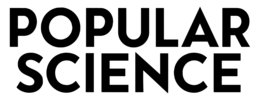Related

MTA Seeks $33 Billion as New York Subway
Faces Aging Infrastructure and Rising Debt

Rep. Titus (D-NV) introduced legislation today in the U.S. House of Representatives calling for modernization of the Congestion Mitigation and Air Quality Improvement (CMAQ) Program administered by the Federal Highway Administration. The amendment was based on research conducted by the Air Quality Program and was drafted by Air Quality Program Director, Kevin Cromar.
CMAQ is a federal transportation program designed to provide a flexible funding source to state and local governments for transportation projects to help meet the requirements of the Clean Air Act. It provides approximately $2.5 billion annually to state and local governments to fund transportation projects that would reduce air emissions in communities. However, the equations in the current CMAQ funding formula are based on an outdated understanding of air pollution and use data from 20 years ago. Using up-to-date pollution and population data in the funding formula will ensure that the funding is distributed to communities most in need of, and therefore most able to benefit from, transportation-related air-pollution-mitigation projects.
Specifically, the legislation would:
This proposed legislation is the first step of continued efforts to improve air quality in the United States through cost-effective utilization of funds from the CMAQ program.
Please fill out the information below to receive our e-newsletter(s).
*Indicates required.